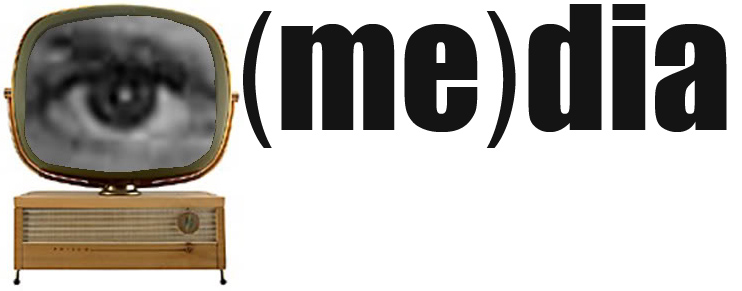As you remember, much of your grade for "Community Involvement" comes from the advocacy and support of your peers. Now is the time for you to spend a few moments advocating on their behalf, again.
As I asked you to do last time, you should type the name of the person you are advocating for first, and then on the next line, describe how this person helped your learning or the learning of others in the class. You are not obliged to advocate for everyone, but you may advocate for as many people as you'd like. You *must* advocate for yourself. Describe (in first person voice) how you helped the community learn.
Feel free to look here to see the example I provided at midterm.
Your Community Involvement Advocacy is due in my email inbox by noon on Friday, February 26th at five pm. My email is listed on the top of the paper syllabus. I will not accept any late sheets. Please title your email "MMS ComInv A" either "noon" or "one" based on your class time. If you do not turn in a community involvement advocacy sheet, your own community involvement grade (assigned by me) will automatically be reduced by 15% (*note that you will lose *more* points this time than last.
An index with your classmates pictures and names is available in Doc Sharing in E-Companion. Please refer to that sheet as you type up your community advocacy for each other.
Sunday, February 22, 2009
Thursday, February 19, 2009
Template for Storyboarding your Digital Story
You can download the official storyboard template from the Center for Digital Storytelling by clicking here.
Wednesday, February 18, 2009
Saturday, February 14, 2009
Examples of Media Stories
You'll notice that I've posted a number of media stories from previous classes below. I'm not claiming that these media stories are perfect, but all of them have merits worth noting.
Stories are best at inciting something deep and emotional. They're best when they're about connection and meaning and shared understanding. So I'd definitely recommend that you approach these stories with the kind of hospitality that allows those kinds of responses to emerge.
*AFTER* these stories have done their best work on you -- you may want to think about them from a storyteller's perspective. You may even want to (I offer with trepidation) think about them from your student perspective -- and look over the rubric I've already provided for you.
If you have a question about your media story after you've watched some of these stories -- let me know!
Stories are best at inciting something deep and emotional. They're best when they're about connection and meaning and shared understanding. So I'd definitely recommend that you approach these stories with the kind of hospitality that allows those kinds of responses to emerge.
*AFTER* these stories have done their best work on you -- you may want to think about them from a storyteller's perspective. You may even want to (I offer with trepidation) think about them from your student perspective -- and look over the rubric I've already provided for you.
If you have a question about your media story after you've watched some of these stories -- let me know!
Subscribe to:
Comments (Atom)

